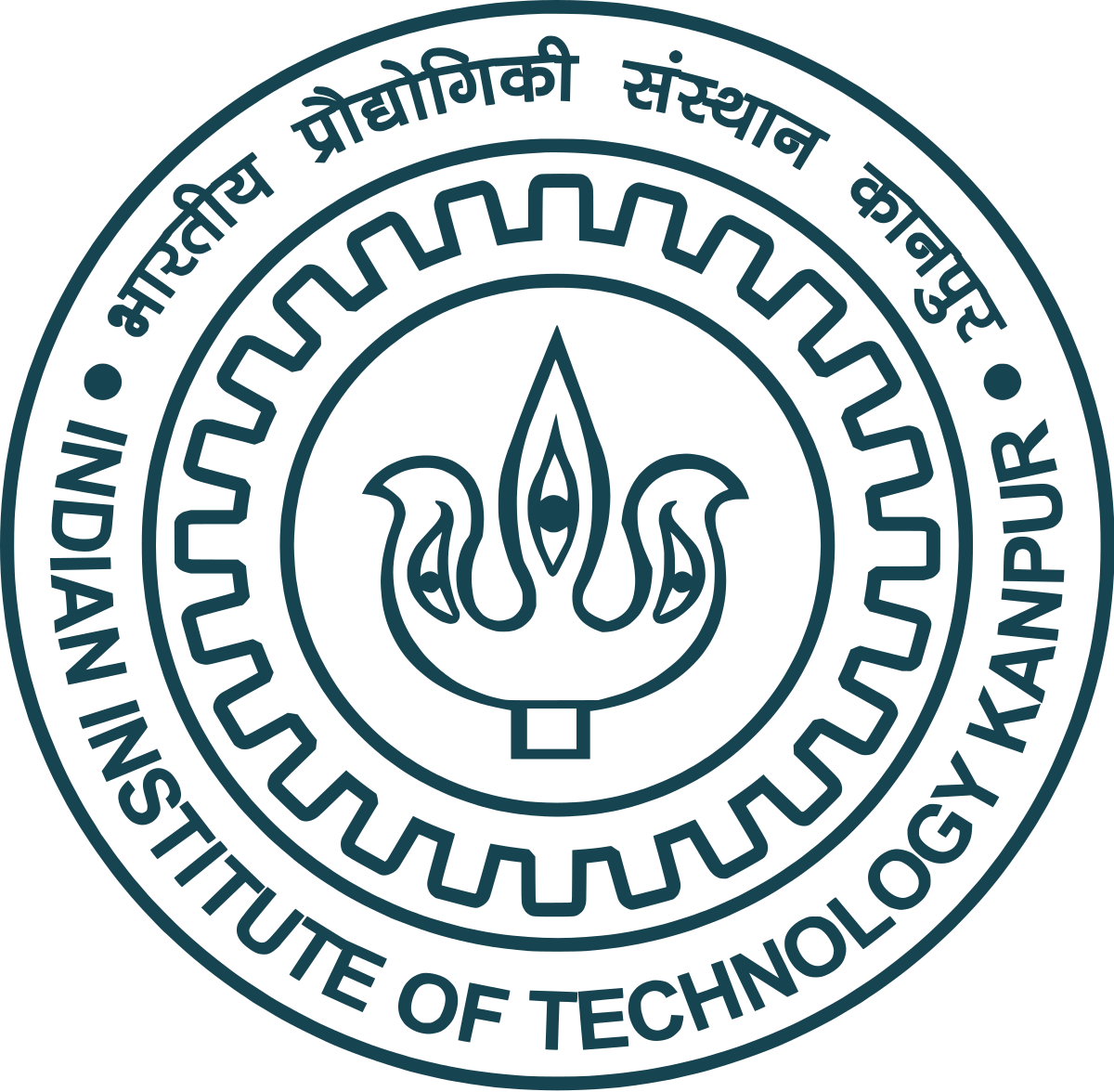
Sanmay Ganguly

About
Sanmay Ganguly is a distinguished physicist and an Assistant Professor at the Indian Institute of Technology (IIT), Kanpur. He has an extensive academic and research career, primarily focused on elementary particle physics and high-energy experiments. Dr. Ganguly earned his Doctor of Philosophy (PhD) in Elementary Particle Physics from the Tata Institute of Fundamental Research (TIFR), Mumbai, where he was actively involved in the CMS experiment. He completed his Master’s and PhD at TIFR, contributing significantly to particle physics research.
His professional journey includes notable positions at prestigious global institutions. He worked as a Researcher CSD at LPC CNRS Clermont Ferrand, France, from 2015 to 2017, focusing on the ATLAS experiment. This was followed by a four-year tenure as a Postdoctoral Researcher at the Weizmann Institute of Science in Israel, where he continued his contributions to the ATLAS experiment. Subsequently, he served as a Project Assistant Professor at the University of Tokyo, Japan, from 2021 to 2023.
Dr. Ganguly's current role at IIT Kanpur marks his return to India, where he continues to explore groundbreaking research in particle physics. He actively participates in international collaborations and has shared his expertise at forums such as the Vietnam School of Physics and the Dubrovnik conferences, focusing on advanced topics like Higgs boson production at LHC and future colliders.
Dr. Ganguly’s work reflects his dedication to unraveling the mysteries of the universe through cutting-edge research and academic mentoring. His experience spans continents, encompassing collaborations with world-class physicists and institutions. Known for his enthusiasm for teaching and research, Dr. Ganguly remains an influential figure in the field of particle physics, inspiring the next generation of scientists and contributing to advancements in fundamental science.
Skills & Expertise
C
Python
ROOT
C++
Research Interests
Physics
Energy Physics
Elementary Particle Physics
High-Energy Physics Experiments
CMS Experiment
ATLAS Experiment
Higgs Boson Research
Future Particle Colliders
Fundamental Science Research
High-Energy Physics
Contributions to Theoretical
Experimental Physics
Connect With Me
Experience
Assistant Professor
Project Assistant Professor
Postdoctoral Researcher
- Working in ATLAS experiment
Researcher CSD
- Working as a post-doc in ATLAS experiment.
PHD Researcher
Education
Tata Institute of Fundamental Research, Mumbai (TIFR, Mumbai)
Publications (20)
The observation of Higgs boson production in association with a top quark pair (tt H¯ ), based on the
analysis of proton–proton collision data at a centre-of-mass energy of 13 TeV recorded with the A...
Results are presented from searches for the standard model Higgs boson in proton–proton collisions
at √s = 7 and 8 TeV in the Compact Muon Solenoid experiment at the LHC, using data samples
correspo...
The CMS apparatus was identified, a few years before the start of the LHC operation at CERN, to feature properties well suited to particle-flow (PF) reconstruction: a highly-segmented tracker, a fine-...
Jet energy scale measurements and their systematic uncertainties are reported for jets measured with the ATLAS detector using proton-proton collision data with a center-of-mass energy of √𝑠=13 TeV, c...
A description is provided of the software algorithms developed for the CMS tracker both for reconstructing charged-particle trajectories in proton-proton interactions and for using the resulting track...
dd






